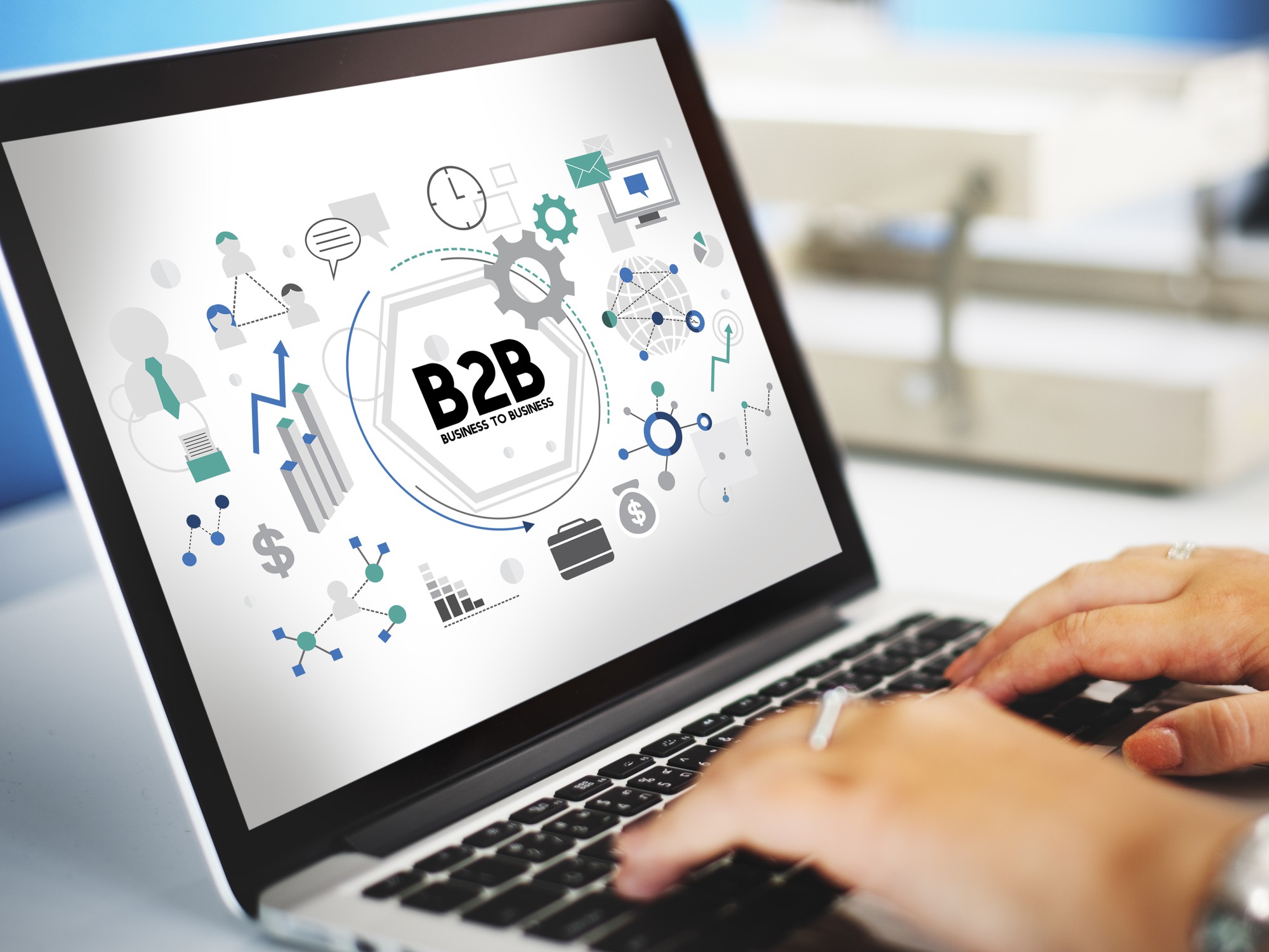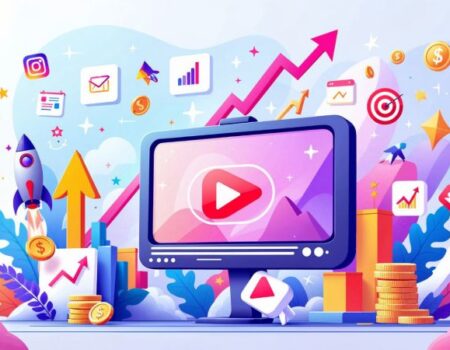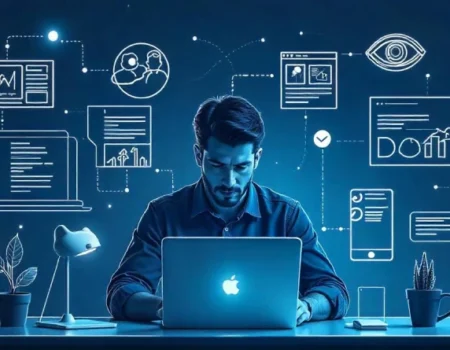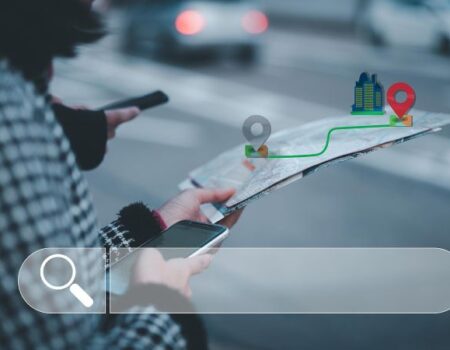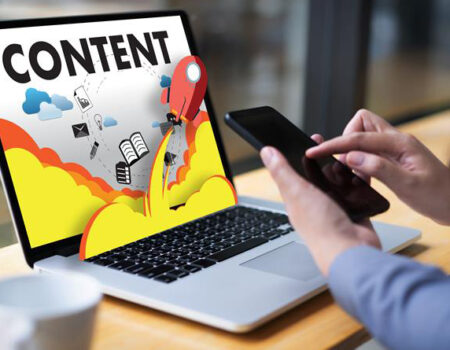How to Harness B2B Influencer Marketing to Grow Your Brand
In a world where trust and credibility are key to business growth, B2B influencer marketing offers a fresh way to cut through the noise. Rather than relying solely on traditional advertising, businesses are tapping into the power of industry experts and thought leaders to amplify their message.
This approach allows brands to build authentic relationships with their target audience, enhance credibility, and drive real results. In this blog, we’ll explore how B2B influencer marketing works and how you can harness its potential for your brand’s success.
What is B2B Influencer Marketing?
This is a brand marketing strategy where businesses partner with influential figures to promote their products or services to other businesses. Unlike consumer marketing, which focuses on individual consumers, B2B influencer marketing targets companies, decision-makers, and professionals. These influencers are often industry leaders, thought leaders, or experts who have a large following within their field.
In B2B, influencers typically share content, provide insights, or promote products in a way that resonates with their professional network. Their recommendations often carry more weight since their audience trusts their expertise. Incorporating influencer marketing strategy into your overall marketing plan can help businesses create connections that go beyond just promotional messaging.
How is it Different from B2C Influencer Marketing?
At first glance, B2B and B2C influencer marketing might seem similar. Both aim to build brand awareness and generate sales. However, the primary difference lies in the target audience. B2C influencer marketing is focused on end consumers, while B2B marketing targets businesses.
In B2C marketing, influencers promote products to individual consumers, often using a fun or emotional approach. In contrast, B2B marketing deals with a more rational and strategic buying process, where decisions are based on business needs, ROI, and long-term growth. B2B influencers typically offer expertise, case studies, and data-backed content that resonates with business leaders.
Benefits of B2B Influencer Marketing
B2B influencer marketing offers several distinct advantages for brands looking to grow and scale:
- Increased Brand Awareness: Partnering with well-known social media influencers helps your brand get noticed by a larger audience. Influencers can introduce your product to a whole new network of potential customers.
- Enhanced Credibility and Trust: Influencers in your industry can help build credibility. When a respected figure endorses your product, their followers are more likely to trust your brand.
- Targeted Marketing: By working with influencers in social media marketing who have a niche following, you can ensure that your content reaches the right audience—decision-makers, executives, or business owners in your industry.
- Humanizing Your Brand: Collaborating with influencers makes your brand appear more personable and accessible. Instead of just marketing your product, you’re also building relationships with real people.
Examples of Great B2B Influencer Marketing
Here are three standout examples of successful B2B influencer marketing:
1. WeWork: Ali Abdaal’s Organic Product Mentions WeWork, a leading co-working space provider, partnered with Ali Abdaal, a YouTube influencer and productivity expert. Ali subtly mentioned WeWork’s services in his videos about productivity and work-life balance. His audience, mainly business owners and entrepreneurs, trusted his insights, making his endorsement more impactful. This organic approach helped WeWork expand its reach to a relevant and engaged audience.
2. INBOUND: Sarah Chen-Spellings’ Event Experience INBOUND, an annual marketing event, teamed up with Sarah Chen-Spellings, a well-known advocate for female entrepreneurship. Sarah shared her experience attending the event through social media and blog posts. By showcasing the value of attending INBOUND, she encouraged other business leaders to consider it. This collaboration helped INBOUND not only expand its attendee base but also added credibility to the event.
3. monday.com: Business Influencers Sharing Remote Work Tips During the COVID-19 pandemic, monday.com, a work management platform, partnered with business influencers to promote its product. The influencers, experts in remote work and productivity, shared tips on managing remote teams using monday.com. Their endorsement helped monday.com reach a broader audience, positioning the tool as essential for businesses navigating the new remote work landscape.
How to Build a B2B Influencer Strategy
Creating a solid B2B influencer marketing strategy can seem overwhelming, but breaking it down into steps makes the process more manageable.
Step 1: Determine Campaign Goals and Timeline (SMART Goals)
Before diving into influencer partnerships, define your goals. Do you want to increase brand awareness, generate leads, or promote a new product? Make sure your goals are Specific, Measurable, Achievable, Relevant, and Time-bound. For example, “Increase website traffic by 20% over the next 6 months” is a SMART goal.
Step 2: Define the Target Audience
Knowing your audience is key to successful influencer marketing. For B2B, this often means identifying the decision-makers in the companies you’re targeting—CEOs, CFOs, or marketing managers. Understand their challenges, needs, and pain points to tailor your influencer collaborations effectively.
Step 3: Set the Budget
Determine how much you’re willing to spend on influencer marketing. Social media influencers vary in cost, depending on their reach and expertise. Set a budget that aligns with your goals and choose influencers that fit within that range.
Step 4: Choose the Platforms for Your Campaign
Different platforms serve different purposes. LinkedIn is a great platform for B2B marketing, especially for industry professionals. Twitter and YouTube also work well for sharing insights and educational content. Choose social media platforms where your target audience is most active.
Step 5: Identify the Influencers
Now, it’s time to find the right influencers. Look for professionals who align with your brand values and have an audience that matches your target demographic. Remember, micro-influencers (those with a smaller, more engaged following) can be just as effective as larger influencers.
Step 6: Plan for Content Creation and Launch
Collaborate with influencers to create content that resonates with their audience. Whether it’s blog posts, videos, or webinars, make sure the content is valuable and aligns with your goals. Once the content is ready, plan the timing and ensure it aligns with your overall marketing calendar.
Step 7: Establish a Plan for Measuring Results
Track the effectiveness of your campaign. Use metrics like website traffic, lead generation, social media engagement, and sales conversions to assess the success of your campaign. Adjust your brand marketing strategy accordingly to improve future campaigns.
Tips for B2B Influencer Marketing Success
To maximize the impact of your B2B influencer marketing campaigns, consider these key tips:
Go Micro: Benefits of Working with Micro-Influencers
Micro-influencers tend to have smaller but more engaged audiences. Their followers trust them, and their recommendations feel more authentic. Additionally, working with micro-influencers can be more budget-friendly, allowing you to collaborate with multiple influencers within your budget.
Use AI to Scale Outreach
Artificial intelligence tools can help scale your influencer outreach efforts. AI can assist in identifying the right influencers, personalizing messages, and automating repetitive tasks. This allows you to reach more influencers and manage your campaigns more efficiently.
Focus on Long-Term Partnerships
Instead of one-off collaborations, aim to build long-term relationships with influencers. Long-term partnerships result in more authentic content, as influencers can genuinely advocate for your brand. They also help ensure continued exposure and credibility for your brand.
Partner with our Digital Marketing Agency
Ask Engage Coders to create a comprehensive and inclusive digital marketing plan that takes your business to new heights.
Contact Us
Conclusion
B2B influencer marketing is a powerful strategy for growing your brand and reaching new business audiences. By carefully selecting the right influencers, creating valuable content, and measuring results, your brand can build lasting trust and credibility within your industry. As the B2B landscape continues to evolve, influencer marketing offers a unique and effective way to engage with your audience and foster meaningful relationships.
Ready to elevate your brand with cutting-edge digital strategies? Engage Coders is here to help you craft impactful B2B influencer marketing campaigns that drive results.
Get in touch and let us guide your business to new heights!
